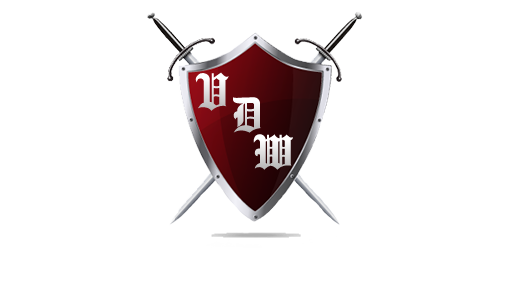Long Island and New York City Pregnancy Discrimination Attorney
Providing Representation for Employees with Pregnancy Discrimination Claims
Pregnancy discrimination in the workplace is illegal at both the state and federal levels. In New York, it is a violation of Human Rights Law. Under the Pregnancy Discrimination Act of 1978, discriminating against pregnant women also violates federal law.
The Pregnancy Discrimination Act
Work related protection under the Pregnancy Discrimination Act includes:
- Hiring. It is illegal for employers not to hire a woman because of pregnancy or a pregnancy-related condition. The prejudices of clients, customers or co-workers are also not acceptable reasons for an employer to refuse to hire a pregnant woman.
- Pregnancy Maternity Leaves. When pregnancy makes a woman unable to perform her job, the employer must treat her in the same manner as other temporarily disabled employees. This includes modifying tasks, providing alternative assignments or allowing her to take a disability leave or leave without pay. Employers must allow pregnant women to work as long as they are able to perform their tasks.
- Health insurance. Health insurance must cover expenses for pregnancy-related conditions, just as it covers other medical conditions.
New York Human Rights Law Accommodations for Pregnant Women
Under New York Human Rights Law, pregnancy-related disabilities are also considered temporary disabilities. When a medical doctor restricts a pregnant woman’s ability to do certain activities or perform certain tasks, the employer is obligated to accommodate the pregnant worker. Examples of accommodations would include the following:
- Job restructuring
- Making the worksite more accessible
- Allowing the woman to work while sitting instead of standing
- Acquiring equipment or modifying equipment as needed
NY Labor Law Regarding Breast Pumping Milk at Work
New York State Labor Law Section 206-c also requires that all New York employers, regardless of the business size or nature of business, allow pregnant women break time to pump breast milk during work. The length of the breaks must be at least for 20 minutes. The frequency must be at least once every three hours.
Pregnancy Is a Protected Class
Similar to race, ethnicity, religion, age and disability, pregnancy is a protected class under discrimination law. Discrimination law prohibits employers from creating a hostile work environment against workers based on their protected class. Harassing an employee due to pregnancy or her decision to become pregnant is a form of pregnancy discrimination. Work environments are considered hostile when an employer’s or another employee’s conduct is either consistently hostile or so severely hostile that a reasonable person would consider the environment abusive, intimidating or hostile. Retaliation against an employee who has filed a claim based on pregnancy discrimination is also illegal.
Put a Legal Protector on Your Side
If an employer is discriminating against you based on pregnancy, seek legal help as soon as possible.
Sometimes issues can be settled out of court. Negotiation or alternative dispute resolution, such as arbitration or mediation is often a way to do so. Some disputes may require taking the case to trial. The Van De Water Law Firm will work diligently to protect your rights whether through verdict or settlement.
If you have legal concerns or questions, find out how we can assist you. To arrange a consultation, please call (631) 923-1314or contact us online.
Our Practice Areas
We Can Help You Stand Up for Your Rights
At the Van De Water Law Firm, P.C. we offer compassionate legal counsel to help you deal with sexual harassment. We have been very effective in litigating these types of cases and also in resolving them through arbitration or mediation. Let us make a difference in the outcome of your case.
Call (631) 923-1314 or contact us online today.
Follow Us:
Do You Need Legal Help?
Arrange a Free Consultation
PRACTICE AREAS NAVIGATION

Garden City Center
100 Quentin Roosevelt Blvd.
Suite 208
Garden City, NY 11530
PRACTICE AREAS NAVIGATION

Garden City Center
100 Quentin Roosevelt Blvd.
Suite 208
Garden City, NY 11530
